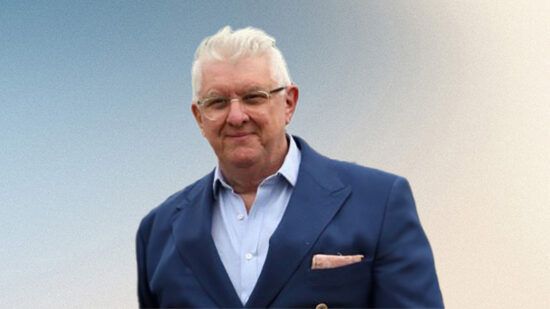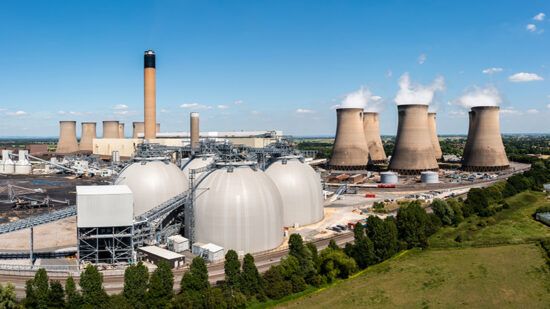Rowan Dartington’s investment director Tim Cockerill discusses how reduced global emissions highlight the potential for ESG investing
UN secretary general António Guterres recently urged governments to direct economic rescue packages to environmentally friendly businesses. Private and institutional investors should also consider the opportunity presented by a sustainable recovery.
The current pause in economic activity and the global emissions it produces, gives us a rare glimpse of what a cleaner, greener future might look like. Air traffic was down 50% compared to last year. Road traffic fell in the UK by more than 70% and seismologists report lower vibrations from “cultural noise” than before the pandemic. Passenger traffic has also fallen 40% in the US.
As a result, key environmental indicators have either levelled or improved. In China, the world’s biggest source of carbon, emissions were down about 18% between early February and mid-March – a cut of 250m tonnes. Europe is forecast to see a reduction of around 390m tonnes of CO2. Even taking into account an inevitable bounce back once lockdown is lifted, the planet is expected to see its first fall in global emissions since the 2008-9 financial crisis, according to the Centre for International Climate and Environment Research.
Of course, this hiatus in emissions is temporary. As the global economy slowly picks up, emissions will climb again, but the time for reflection that it has provided might just have changed what we value the most. A relentless pursuit of economic growth and wealth has given way to an appreciation of the environment, society and people.
As Guterres suggests, the covid-19 crisis provides an opportunity for governments to support businesses which are already working towards a sustainable future and to initiate and support areas where development and growth is needed. Whilst in the short-term, most businesses may require support irrespective of their environmental soundness, a strong signal can be given about the future direction.
Shifting focus
Positive change is already underway. Look at the energy mix in the UK and how this has altered over the past 20 years. Coal-fired power stations produce a tiny fraction of our electricity, whilst renewable energy increasingly provides our power. Globally, 75% of new electricity generating instillations in 2019 were renewable. With the UK experiencing warmer seasonal weather recently, some households on renewable tariffs are even being paid for the power they generate. It is this transformation that I believe could provide investors with outstanding opportunities over the next 10-20 years.
An option to get access to fund renewable energy is through investment trusts. These assets are very useful building blocks in ESG portfolios. As long-term income streams, based on physical assets, they require very little management. During the initial panic sell-off investment trusts share prices fell by approximately -30%, but have since recovered somewhat, although they are still below recent peaks. This hopefully reflects the quality of these assets, making them very useful building blocks in ESG portfolios.
While it is too early to draw firm conclusions, early indications are that ESG funds in general have been more resilient to the economic shock created by the lockdown. It is not difficult to see why this might be – they tend to avoid exposure to the fossil fuel and transport sectors that have been greatest affected by the lockdown and hard hit in the market sell-off. They also have stricter requirements for corporate governance, which is surely a benefit in times of turbulence.
History shows us that the make-up of equity indices change over time, as sectors develop and grow, whilst others fade. My personal expectation is that sectors related to decarbonisation, energy efficiency, resource management and waste management could dominate the future and potentially provide outstanding returns. Investing in full knowledge of the impact you have on the environment and society has to be, in my opinion, the way forward.








